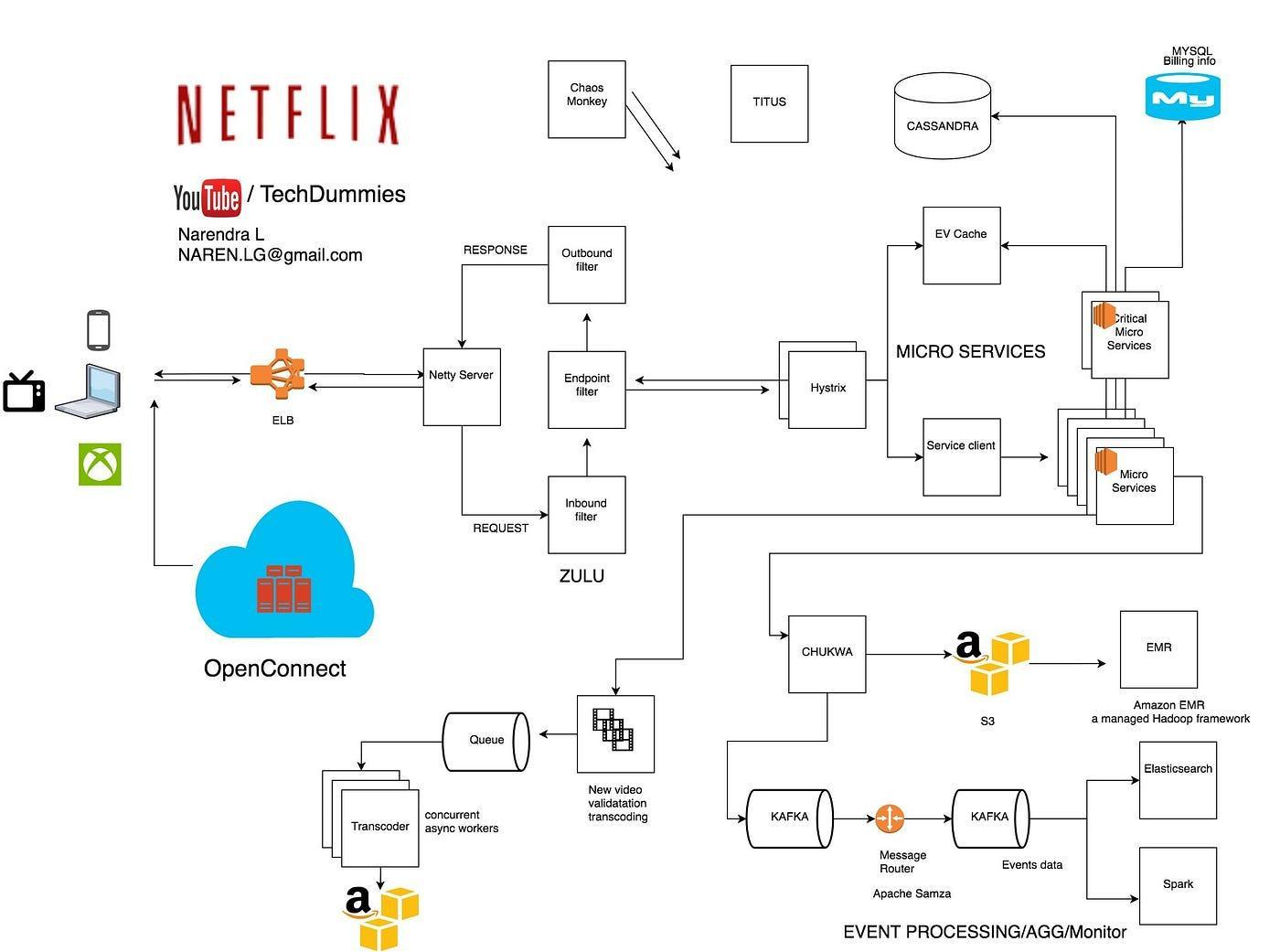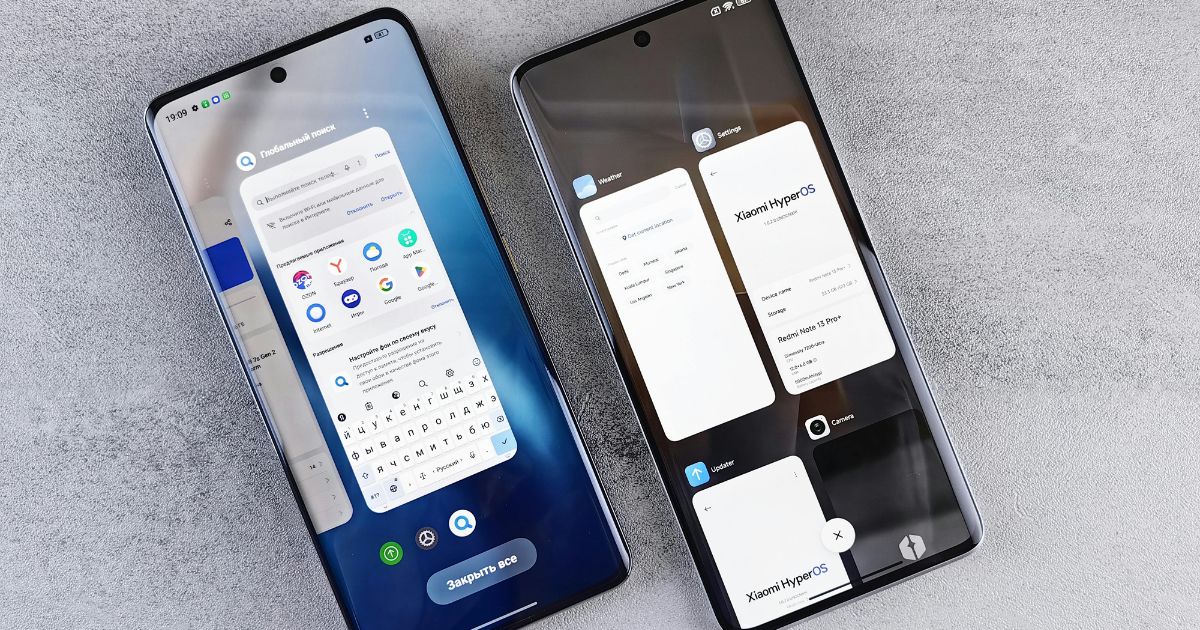As user numbers grow and data streams multiply, apps that were once fast and reliable can quickly become slow, unresponsive, or even crash. Every business relying on a digital platform knows the cost of downtime, lost users, and frustrated customers.
Scalable app development is the solution, allowing your application to handle increasing traffic, complex operations, and expanding data without compromising performance. Whether you are building a mobile app or a web platform, scalability determines whether your app thrives under demand or struggles to keep up.
This article explores the strategies, benefits, and practical steps for building scalable applications, showing you how to plan and execute an app that stays fast, reliable, and cost-effective as your business expands.
What is App Scalability?
Scalability is the foundation of a strong and reliable application, ensuring that it can handle growing demand without sacrificing performance. As more users join, data expands, and traffic spikes, a scalable application prevents bottlenecks that could slow down the user experience or cause system failures.
Mobile app scalability is not only about managing today’s needs but also about preparing for the long-term growth of your business.
One approach to scalability is vertical scalability, which involves enhancing the resources of a single server. By increasing the CPU, memory, or storage capacity, an app can manage heavier loads on one machine. This method is often easier to implement, but it does come with limits since one server can only be scaled so far.
Horizontal scalability takes a different route by adding more servers to the system. Rather than relying on one powerful machine, multiple servers share the workload, allowing the application to handle significantly higher volumes of users and data. This approach often provides greater flexibility and resilience, making it a preferred solution for long-term growth.
Key Strategies for Scalable App Development
When considering how to make a mobile app scalable, it is important to use strategies that align with industry standards and proven practices. Building a scalable app means designing it in a way that can handle increases in users, data, and traffic without compromising performance.
Below are essential strategies recommended by leaders in the field, including AWS and Kinsta, which can help ensure your application grows with your business needs.
By combining these strategies, developers can create a robust foundation for mobile app scalability that supports both current users and future growth.
Cloud Computing
Leveraging cloud platforms such as AWS, Azure, or Google Cloud allows for flexible and efficient resource scaling.
These platforms enable developers to add or reduce server capacity, storage, and processing power based on demand. This elasticity means your scalable app can adapt quickly during peak times while keeping costs manageable when traffic is lighter.
Microservices Architecture
Instead of building a large, monolithic app, developers can break it down into smaller, modular services. Each service operates independently, handling specific functions, such as authentication, payments, or notifications.
This makes it easier to update, maintain, and scale parts of the application without affecting the entire system. Microservices are especially beneficial for mobile app scalability since individual services can be expanded as user demand grows.
Database Optimization
A critical component of a scalable app is an efficient database strategy. Traditional relational databases can struggle under a heavy load, so many developers turn to scalable solutions such as NoSQL databases or database sharding.
NoSQL systems like MongoDB and Cassandra are designed to handle unstructured data and scale horizontally. Sharding, on the other hand, involves splitting a database into smaller segments to distribute the workload.
Both approaches ensure data can be managed and retrieved quickly as the app expands.
Load Balancing
To prevent any single server from becoming overwhelmed, load balancing distributes incoming traffic evenly across multiple servers. This improves performance, reduces downtime, and enhances the overall reliability of your scalable app.
Whether implemented through hardware or software solutions, load balancing ensures users experience seamless functionality even during traffic surges.
Caching
Caching plays a crucial role in creating a fast and reliable user experience. By storing data in easily accessible locations, caching reduces the time it takes for information to reach the user.
Content delivery networks (CDNs) keep static content, such as images and files, closer to end users, which helps minimize delays.
In-memory caching solutions like Redis or Memcached store frequently requested data so it can be delivered instantly without repeatedly querying the database. This approach not only speeds up app performance but also lightens the load on backend systems, making the entire application more scalable.
Benefits of Scalable Apps for Businesses
Web and mobile app scalability ensures that as your company grows, your digital tools grow with you. A scalable app not only improves the user experience but also helps organizations operate more efficiently and sustainably. Below are some of the most important benefits businesses can expect when building with scalability in mind.
- Handle user growth: one of the most obvious benefits of scalable applications is the ability to support a growing user base without disruption. As your customer base expands, a scalable app ensures your systems can accommodate more accounts, transactions, or data inputs seamlessly. This allows your business to focus on attracting and retaining users without worrying about whether your technology can keep up. By preparing for growth early, companies avoid the risk of frustrated users abandoning the app due to slow load times or limited functionality.
- Maintain performance: performance is critical in today’s competitive digital environment. Users expect apps to be fast, responsive, and available at all times. Web and mobile app scalability makes it possible to maintain this level of performance even during high-traffic periods. By balancing loads across servers, optimizing databases, and using efficient caching systems, a scalable app ensures users enjoy consistent experiences. This reliability not only boosts customer satisfaction but also strengthens brand reputation by positioning your business as dependable and user-focused.
- Reduce downtime: downtime is costly for any business, both financially and in terms of customer trust. Scalable apps are built to minimize downtime by distributing workloads, using redundant systems, and quickly adapting to sudden spikes in demand. For instance, if one server experiences issues, a scalable infrastructure can reroute traffic to others, ensuring uninterrupted service. This kind of resilience is especially important for businesses in sectors where availability is non-negotiable, such as finance, healthcare, and e-commerce. By reducing downtime, companies protect revenue streams and maintain user confidence.
- Lower long-term costs: while scalability requires an upfront investment, it pays off by lowering costs over time. Traditional applications often need complete overhauls or costly infrastructure upgrades when user demand increases. In contrast, a scalable app can expand incrementally, allowing businesses to pay for additional resources only when needed. This pay-as-you-grow model is particularly beneficial for startups and growing companies, as it offers flexibility without unnecessary expense. By planning for scalability from the beginning, businesses avoid costly redesigns and enjoy a more sustainable return on their technology investment.
Examples of a Scalable and Non-Scalable Apps
When it comes to app success, scalability often determines whether a platform thrives or struggles. Real-world examples highlight how scalability can directly influence user experience, company growth, and overall sustainability. Below are two well-known cases that illustrate both sides of the scalability spectrum.
Netflix: An Example of Scalability
Netflix is one of the strongest examples of a scalable app. Its entire infrastructure has been designed around cloud computing, primarily using Amazon Web Services (AWS). By building on the cloud, Netflix can automatically scale resources based on demand. For instance, when millions of users stream popular shows at the same time, the system adjusts by adding more server capacity. This ensures smooth streaming without buffering or interruptions.
The result of this scalability is a consistently positive user experience, even during peak periods such as the release of a new season of a hit series.
From the company’s perspective, scalability has also reduced long-term costs. Instead of overbuilding data centers, Netflix pays for resources as it needs them. This flexibility has allowed the company to grow rapidly on a global scale while maintaining reliable performance, which in turn boosts customer satisfaction and retention.

(Source: medium.com)
Healthcare.gov: Non-Scalable Example
A contrasting case is Healthcare.gov during its 2013 launch. The platform was built to serve millions of Americans signing up for health insurance, but the system was not designed with scalability in mind. As soon as traffic surged, the website became overloaded and frequently crashed. The lack of scalability stemmed from inadequate infrastructure planning, limited load balancing, and a monolithic architecture that could not easily adapt to demand spikes.
The result was widespread frustration among users who struggled to access the site and complete applications. This damaged public trust in the platform and led to significant reputational harm.
On the financial side, the lack of scalability caused massive cost overruns, as emergency fixes, additional resources, and large-scale redevelopment became necessary to stabilize the system.
Over time, Healthcare.gov was restructured with more scalable solutions, but the initial failure remains a high-profile example of how not planning for scalability can hurt both users and the organization.
The Outcome
Together, these examples show the tangible effects of scalability on usability, reliability, and cost. Netflix demonstrates how scalable infrastructure empowers growth and customer satisfaction, while Healthcare.gov highlights how the absence of scalability leads to system breakdowns, wasted resources, and damaged credibility.
For businesses aiming to succeed, planning for web and mobile app scalability from the start is essential.
Costs of Building a Scalable App
Building a scalable application comes with unique cost considerations, as the investment must account for both the immediate needs of the app and its long-term growth potential. On average, the cost of developing a scalable app ranges from $10 000 to $50 000.
The final amount depends largely on the complexity of the app, the level of cloud integration required, and the specific functionality needed by the business. For example, a simple app with limited features and basic scalability demands will fall on the lower end of the spectrum, while an enterprise-grade solution with advanced integrations, microservices, and complex databases will require more resources and thus a higher investment.
Although the initial cost may seem significant, it is far more cost-effective than rebuilding or restructuring an application later when demand increases.
At AppIt Ventures, we focus on using modern technologies and cloud-based solutions to create scalable applications that meet your needs today while preparing for future growth. Our approach minimizes wasted resources and ensures that businesses get the most value out of their investment. By designing with scalability in mind from the start, we help companies avoid expensive redesigns and deliver long-term savings while maintaining high performance.
How to Get Started with AppIt Ventures
Getting started with scalable app development begins with choosing the right partner, and we at AppIt Ventures are here to guide you through the process.
The first step is to consult with our team of experts. During this stage, we take the time to understand your business goals, your target audience, and the long-term vision for your app. This allows us to identify the areas where scalability will be most critical, whether it involves handling rapid user growth, supporting complex data, or integrating with cloud platforms.
Next, we work closely with you to define your scalability needs. Not every app requires the same infrastructure, so this step ensures that the solution we design is tailored to your unique requirements. From database optimization to cloud integration, we create a clear plan that addresses both your current needs and your future growth potential.
Finally, our team develops a custom application that is built to scale. With years of expertise in scalable app development businesses can rely on, we deliver solutions that are efficient, flexible, and cost-effective.
Schedule a free project call with us to discuss your app development project.








